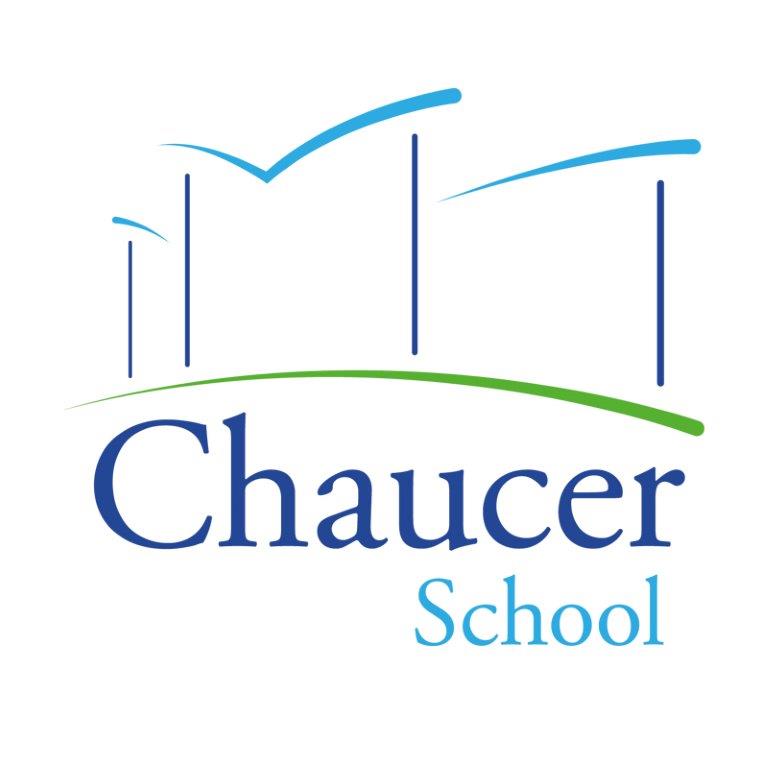Religious Studies
Through KS3 RS we strive to develop in all students a knowledge and understanding of religious and non-religious world views to foster a greater appreciation of the rich, culturally and religiously diverse world in which we live. We aim to support students in developing their own spiritual, moral and social awareness by increasing their understanding of the complex issues and challenges faced by people from all walks of life within their own city and beyond. It is our ambition that students leave school with a greater understanding of their own place within society, both local and global.
Our pupils will learn key beliefs from major world religions, with particular focus on the main religious tradition of the country in order to reflect on the historical context of Great Britain. Our ultimate goal is to create and nurture an intellectual curiosity in pupils to develop a love of learning and an understanding of the role of the subject within the curriculum.
Curriculum Intent
- RS at Chaucer school is designed to be compliant with the Sheffield locally agreed syllabus for religious education.
- We intent to deliver a robust and varied curriculum, designed to best prepare students for life in modern Britain by equipping them with the knowledge and skills to engage with a wide range of faiths and belief systems.
- Our core intention, in line with the locally agreed syllabus is as follows:
“The principal aim of religious education is to explore what people believe and what difference this makes to how they live, so that pupils can gain the knowledge, understanding and skills needed to handle questions raised by religion and belief, reflecting on their own ideas and ways of living”
Key Stage 3 Curriculum Overview
Topics Covered:
Year 7
- What is Religion?
- What is the nature of God in the Old Testament?
- What is the meaning of the New Testament?
Year 8
- What is Islam?
- How do the Dharmic faiths teach us to live?
- How do we know what is right and wrong?
Year 9
- Does philosophy have the answers?
- How do we achieve justice?
- What is the solution to suffering?
Year 7 Curriculum Content
Topics Covered:
- What is religion?
- What is the nature of God in the Old Testament?
- What is the meaning of the New Testament?
Key Knowledge and Skills:
- Engage with religious text
- Assess a wide range of views
- Express their views and appreciate others
Assessment:
Students will complete an end of unit summative assessment which tests their understanding of key vocabulary, ability to explain key concepts and then use these skills to respond to our overarching enquiry.
Links to Careers and Preparation for Life in Modern Britain:
- Develop pupil social skills
- Prepare for life in modern Britain
Year 8 Curriculum Content
Topics Covered:
- What is Islam?
- How do the Dharmic faiths teach us to live?
- How do we know what is right and wrong?
Key Knowledge and Skills:
- Engage with religious text
- Assess a wide range of views
- Express their views and appreciate others
Assessment:
Students will complete an end of unit summative assessment which tests their understanding of key vocabulary, ability to explain key concepts and then use these skills to respond to our overarching enquiry.
Links to Careers and Preparation for Life in Modern Britain:
- Develop pupil social skills
- Prepare for life in modern Britain
Year 9 Curriculum Content
Topics Covered:
- Does philosophy have the answers?
- How do we achieve justice?
- What is the solution to suffering?
Key Knowledge and Skills:
- Engage with religious text
- Assess a wide range of views
- Express their views and appreciate others
Assessment:
Students will complete an end of unit summative assessment which tests their understanding of key vocabulary, ability to explain key concepts and then use these skills to respond to our overarching enquiry.
Links to Careers and Preparation for Life in Modern Britain:
- Develop pupil social skills
- Prepare for life in modern Britain
